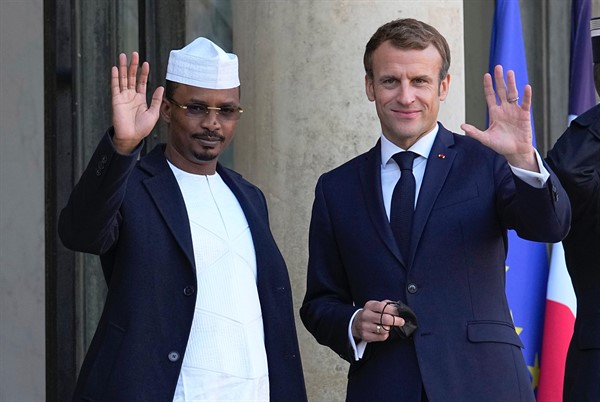The spate of military takeovers and attempted coups across Africa over the past two years has led to speculation in some quarters about a generalized “return to military rule” or “coup contagion” on the continent. In August 2020, a group of Malian officers led by Col. Assimi Goita overthrew the government of former President Ibrahim Boubacar Keita. A little over nine months later, Goita also deposed the transitional government the interim junta had selected to steer the country back toward a democratically elected civilian government. In Guinea and Sudan, the army toppled civilian leaders last year, while Chad’s armed forces subverted the constitutional order to seize power following the death of longtime ruler Idris Deby. And in January 2022, Burkina Faso’s former President Roch Marc Christian Kabore was also ousted in a coup.
Amid international pressure, military leaders in all these countries have pledged to design and implement transitions back to civilian democracy. But despite widespread condemnation of the coups and the imposition of sanctions by regional and international bodies, all these transitions are now deadlocked. This points to the lack of leverage wielded by external stakeholders to adequately respond to these and other political crises across Africa, and suggests that new approaches are sorely needed.
The African Union’s Peace and Security Council, which is tasked with making decisions on conflict prevention and crisis management across Africa, met more than 80 times last year to discuss the multidimensional threats to peace, security and socio-economic development for the continent’s approximately 1.4 billion people. Unsurprisingly, military coups, unconstitutional changes of government and political transitions in countries like Mali, Guinea, Chad and Sudan were consistent topics of their meetings. The council suspended most, but not all, of these countries from participating in AU activities until they effected a return to constitutional order under civilian rule. But despite the differences in treatment, the outcomes have been identical.

